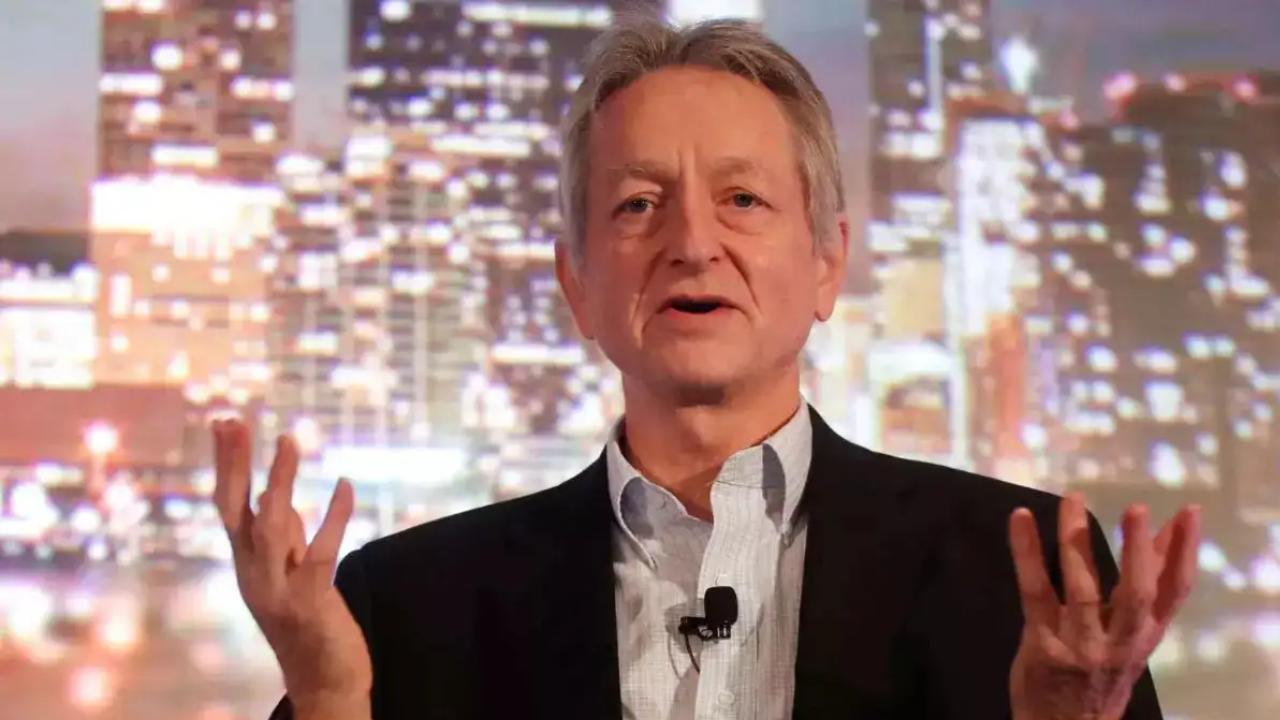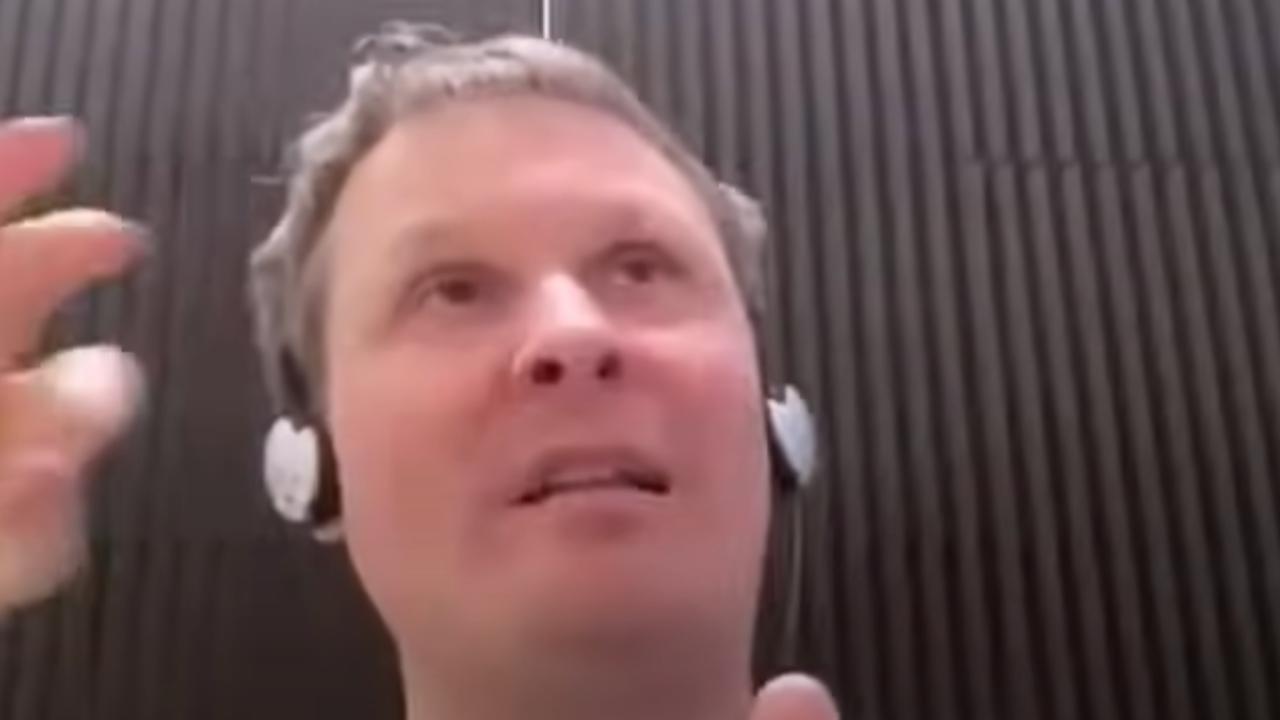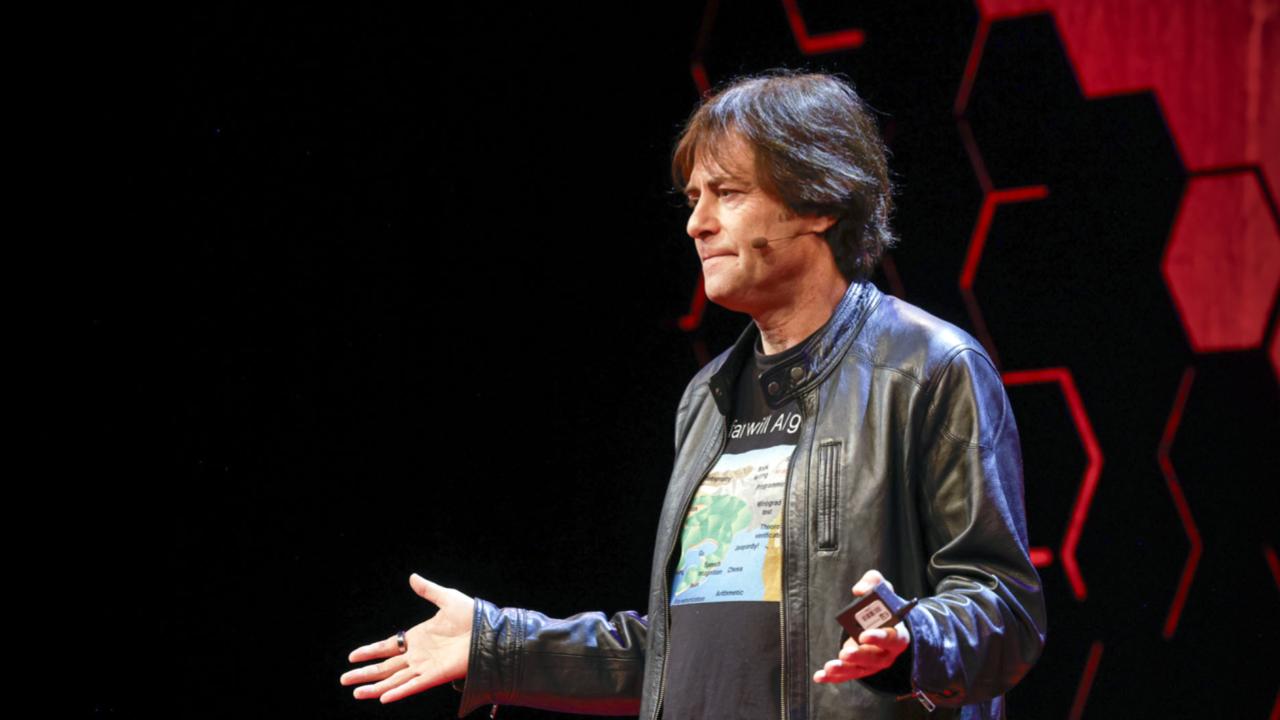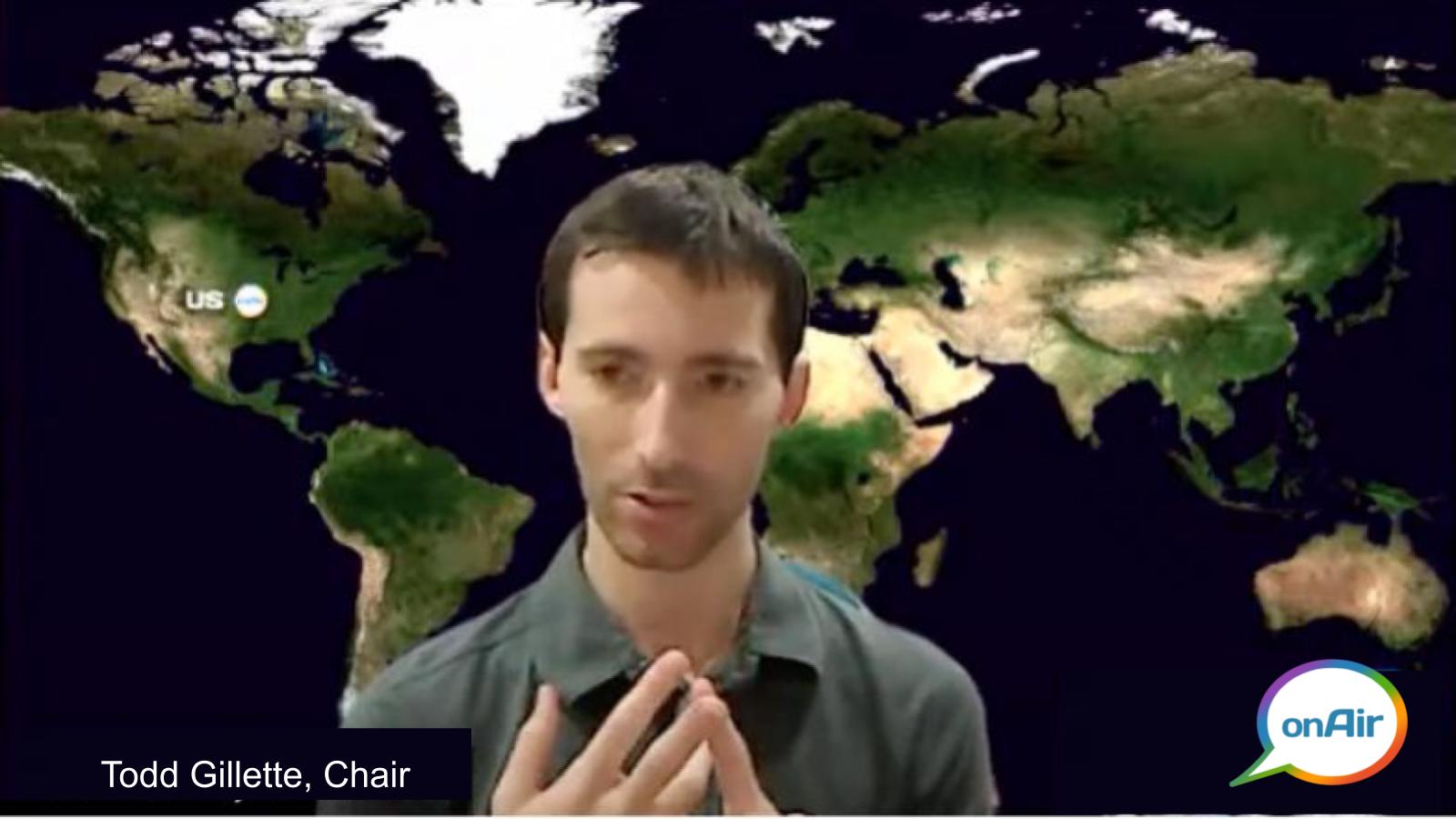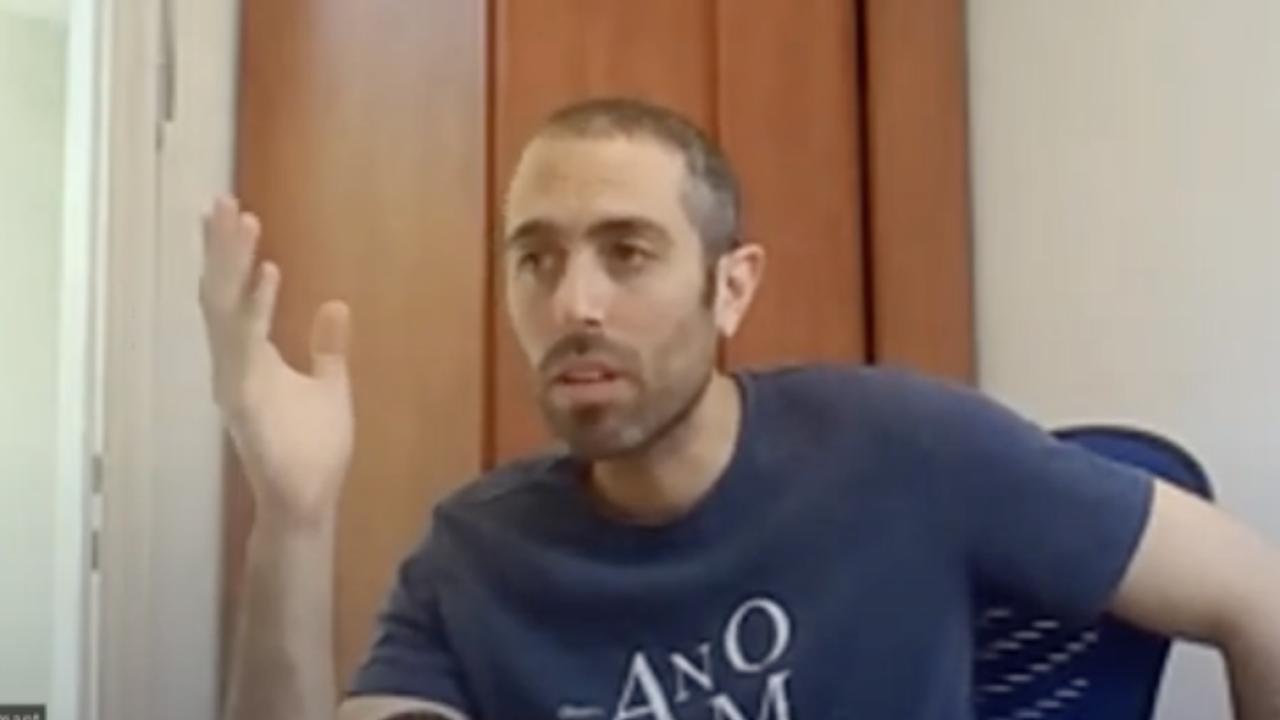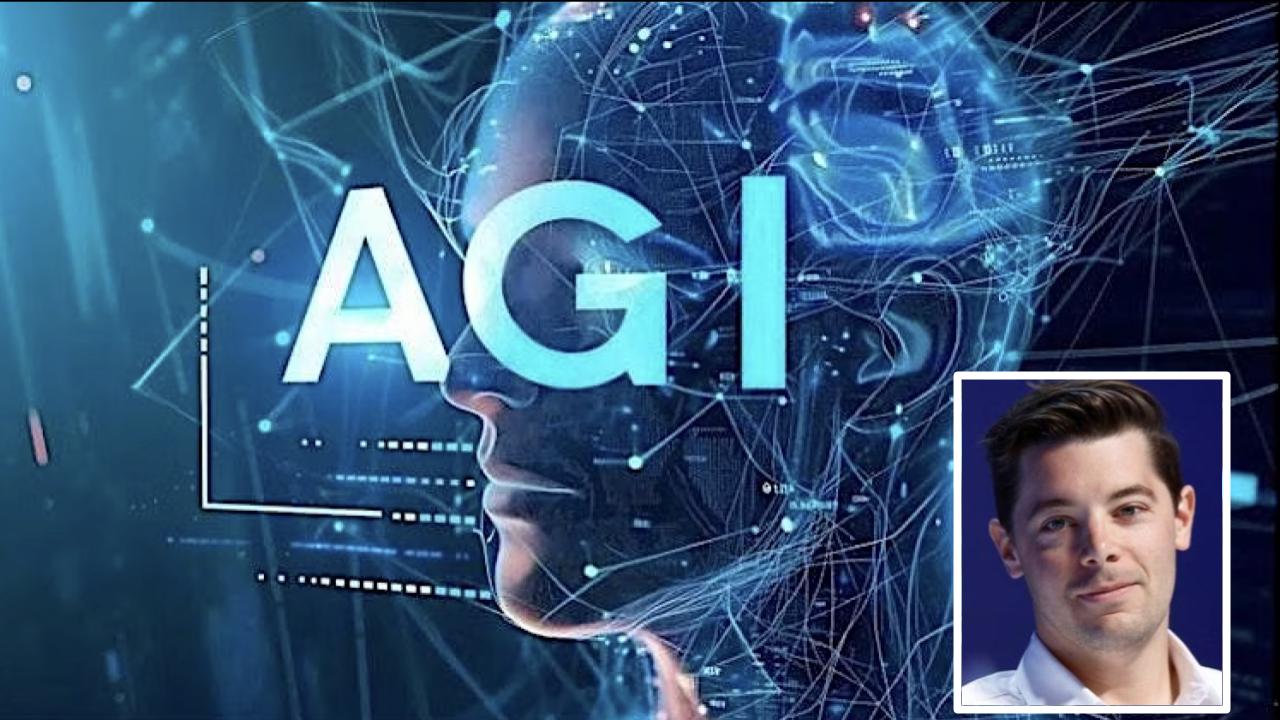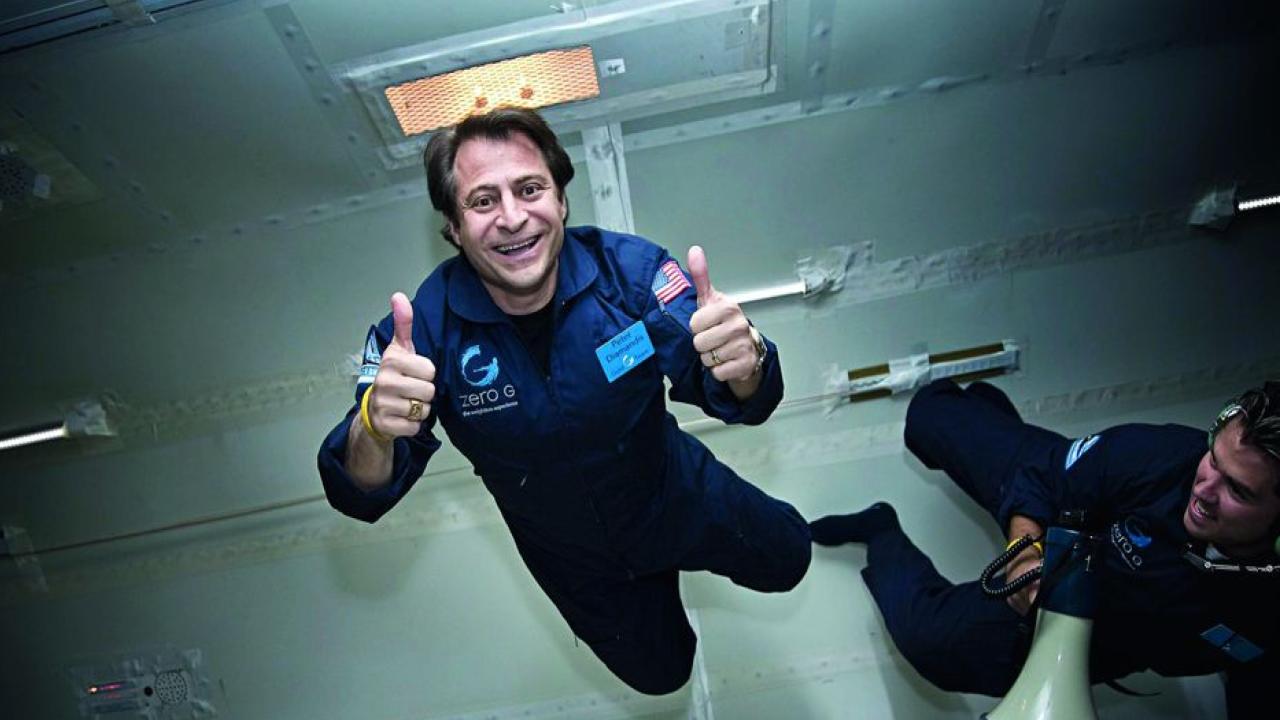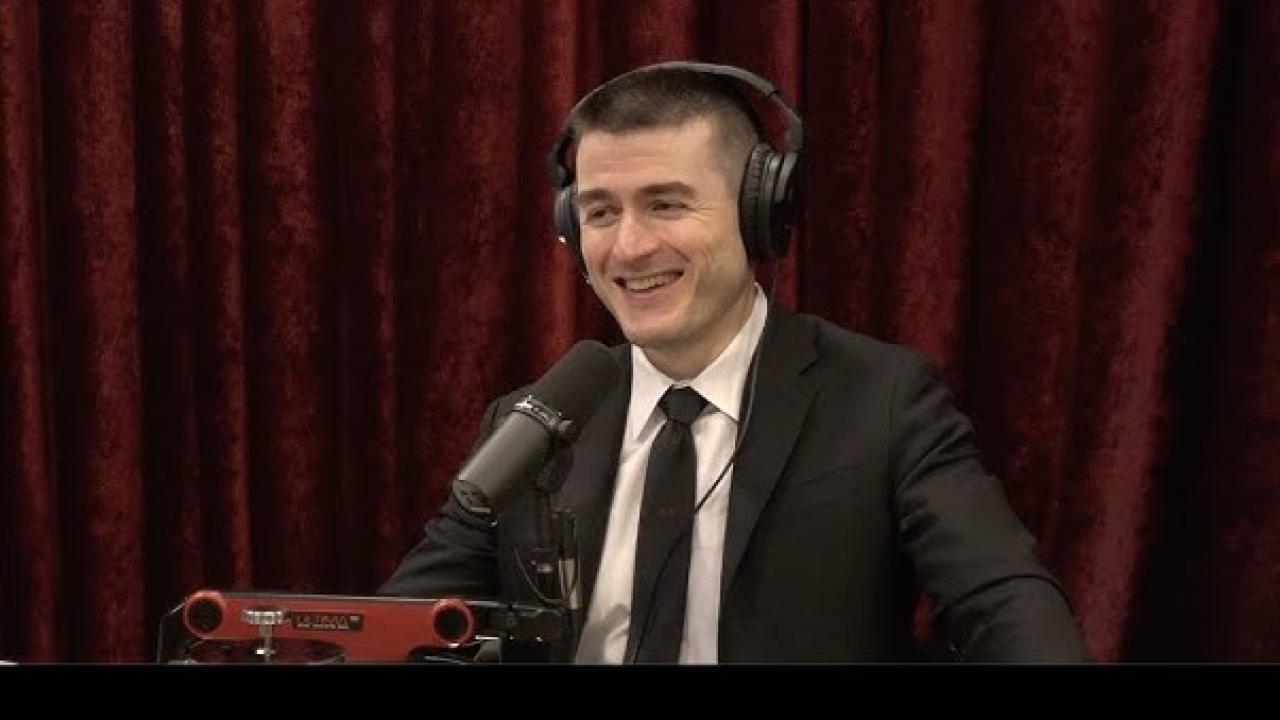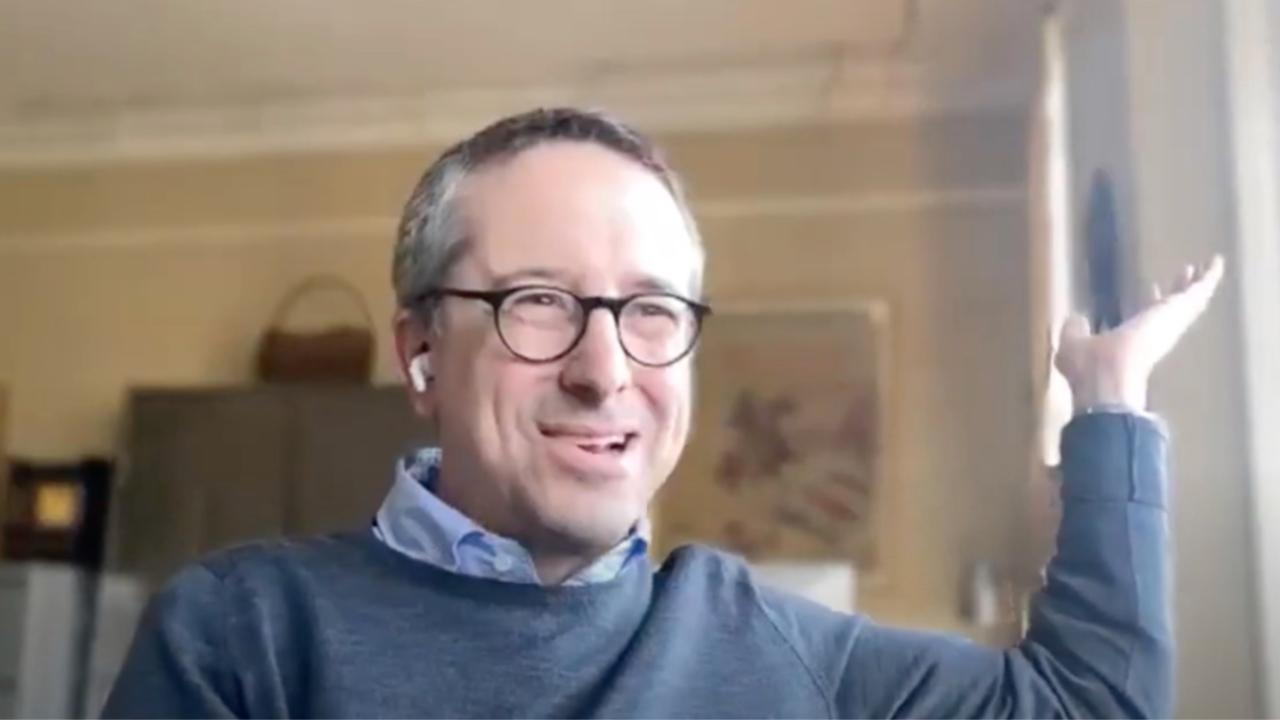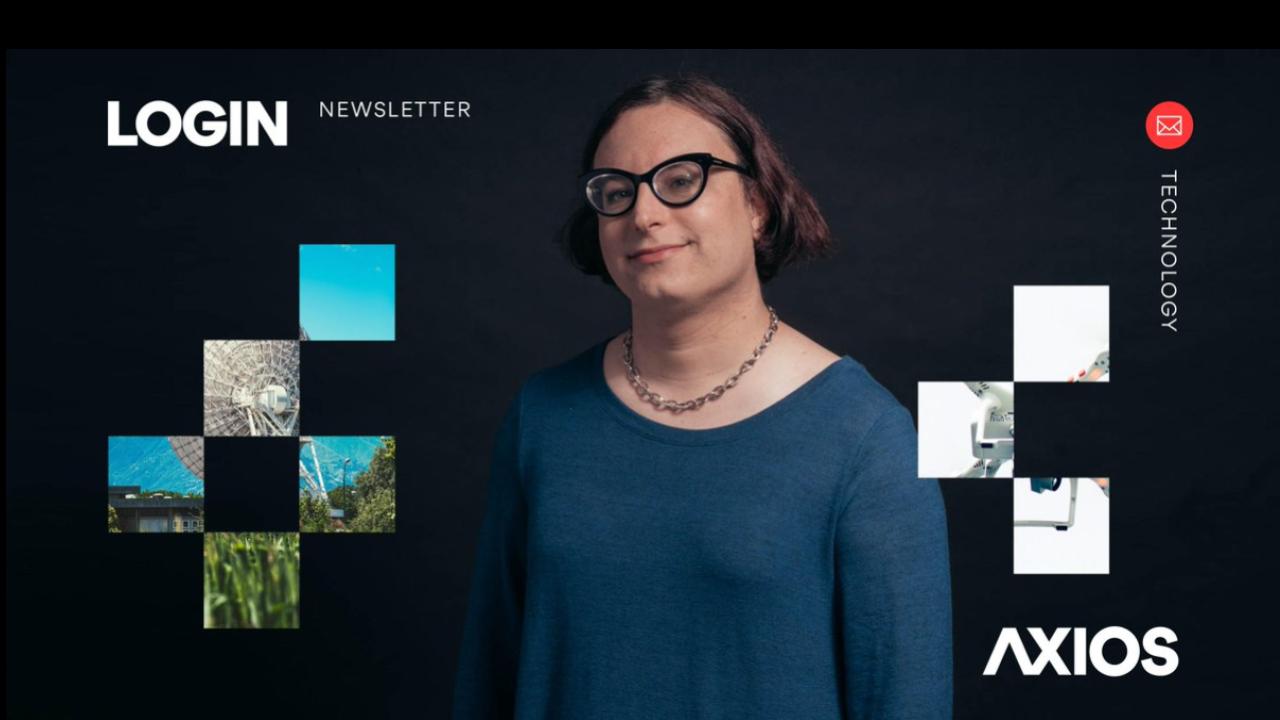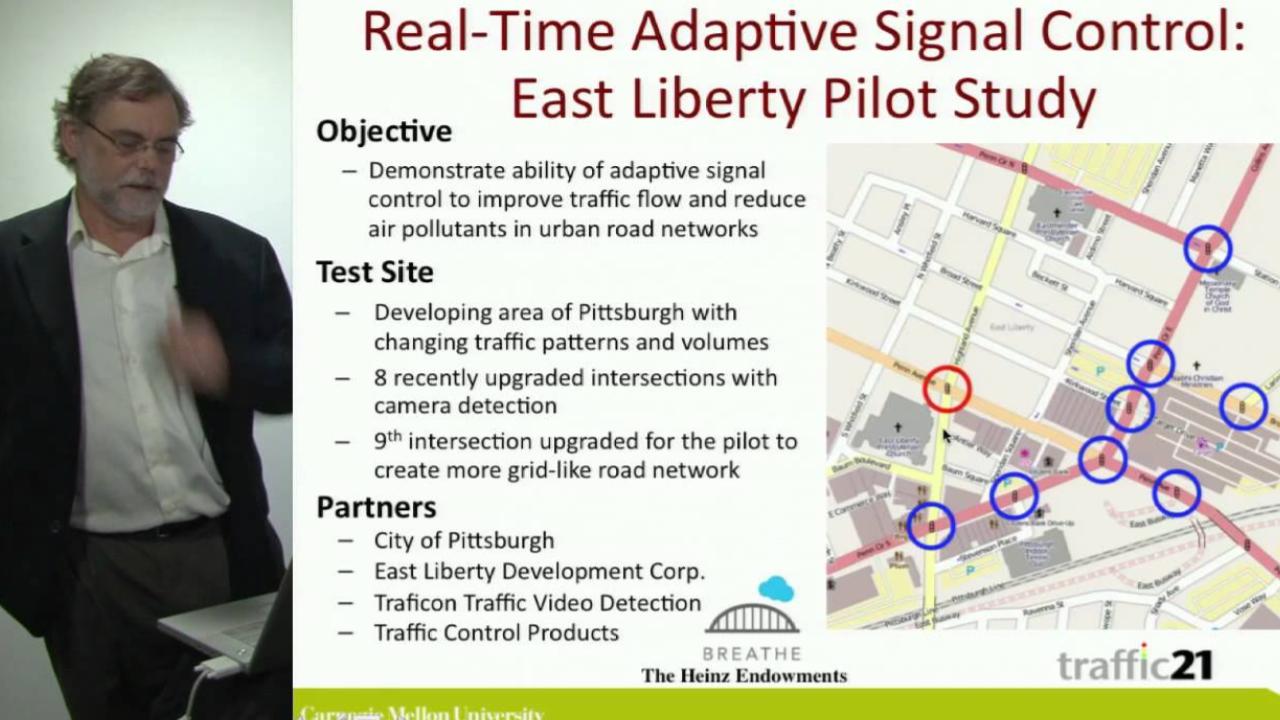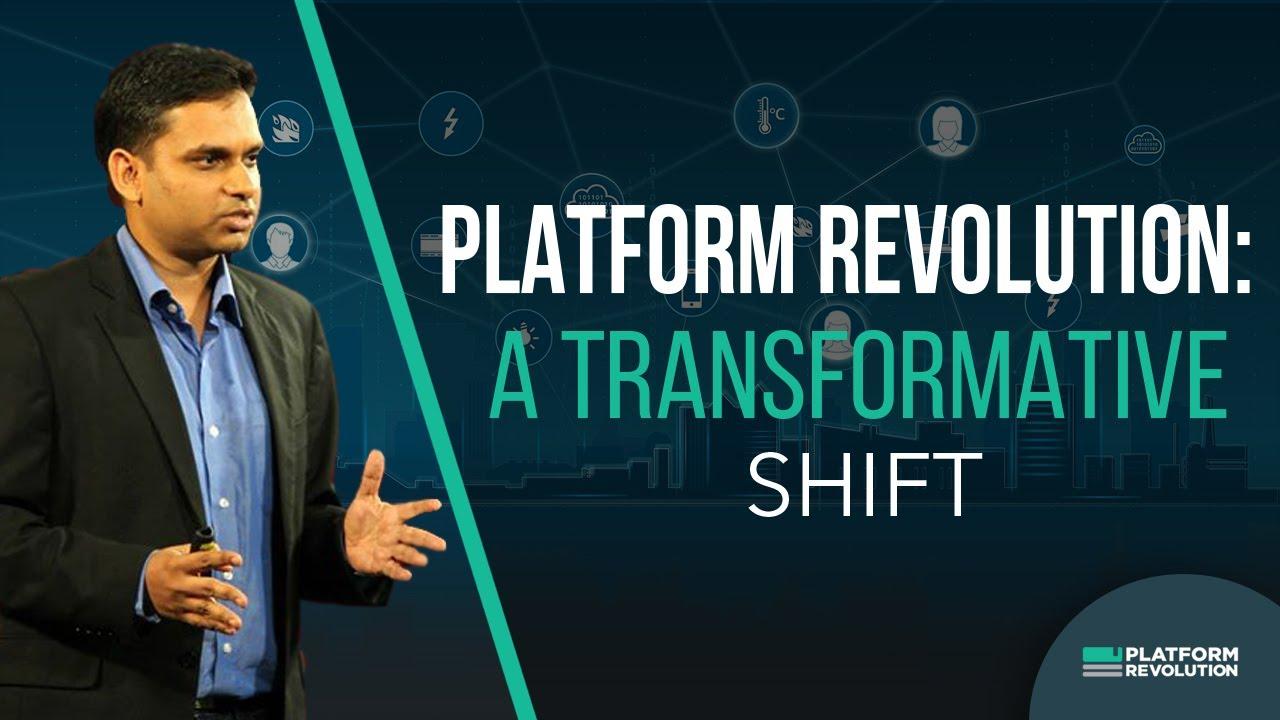Vinton G. Cerf has served as vice president and chief Internet evangelist for Google since October 2005. In this role, he contributes to global policy development and continued standardization and spread of the Internet. He is also an active public face for Google in the Internet world.
From 1994 to 2005, Cerf served as the senior vice president of Technology Strategy for MCI. In this role, Cerf was responsible for helping to guide corporate strategy development from the technical perspective. Previously, Cerf served as MCI’s senior vice president of Architecture and Technology, leading a team of architects and engineers to design advanced networking frameworks including Internet-based solutions for delivering a combination of data, information, voice and video services for business and consumer use.
Source: Internet Hall of Fame
OnAir Post: Vint Cerf


